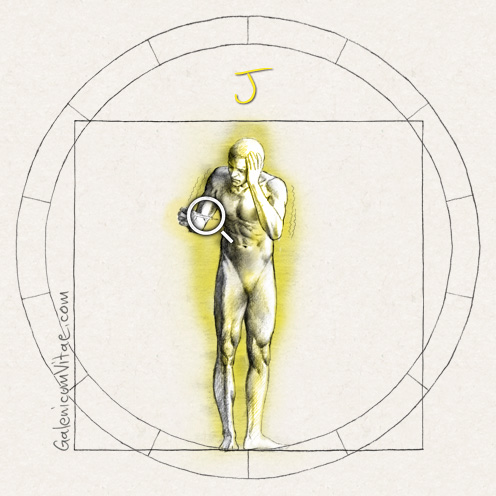Fever is a higher than normal body temperature. It is not a disease. It is a manifestation of the body's defences against infection.
Most bacteria and viruses that cause infections survive well at normal body temperature (37 °C - 98.6 ºF). A slight fever can make it more difficult for them to survive. Fever also activates the immune system of the body.
Causes. Infections cause most fevers. There may be many other causes such as drugs, heat stroke, cancers and autoimmune diseases.
Treatment. It depends on the cause of the fever. It is important to drink fluids to prevent dehydration. Your doctor may recommend taking over-the-counter medicines such as acetaminophen or ibuprofen to lower a high fever.
Normal body temperature may change during any given day. Usually it is higher at night. Other factors that may affect body temperature are the menstrual cycle, physical activity, strong, eat emotions, thick clothes, etc., all of which may cause the body temperature to rise.
Febrile seizures do occur in some children. However, most are over quickly, and this does not mean that the child has epilepsy and they do not cause any permanent damage.
Treatment depends on the cause of the fever. The doctor may recommend taking over-the-counter medicines such as acetaminophen or ibuprofen to lower a high fever. Adults can also take acetylsalicylic acid, but children with fever should not take acetylsalicylic acid. It is also important to drink enough fluids to prevent dehydration.
Infections cause most fevers. There may be many other causes, including:
- Medicines.
- Heatstroke.
- Cancers.
- Autoimmune diseases.
Normal body temperature may change during any given day. Usually it is higher at night. Other factors that may affect body temperature are:
- The second phase of women’s menstrual cycle; temperature can rise by one degree or more.
- Physical activity, strong emotion, eating, heavy clothing, medications, high ambient temperature and high humidity can increase the body temperature.
Febrile seizures do occur in some children. However, most are over quickly, and this does not mean that the child has epilepsy and they do not cause any permanent damage.
Unexplained fevers that continue for days or weeks are called fevers of unknown origin (FUO).
For more information visit:
Treating a high temperature in children
http://www.nhs.uk/conditions/pregnancy-and-baby/pages/treating-high-temperature-children.aspx
Fever in Adults
https://www.merckmanuals.com/home/infections/biology-of-infectious-disease/fever-in-adults
Fever in Infants and Children
http://familydoctor.org/familydoctor/en/diseases-conditions/fever-in-infants-and-children.html

 Digestive
Digestive  Blood
Blood Cardiovascular
Cardiovascular Dermatology
Dermatology Genitourinary,
Genitourinary, Hormones
Hormones Infections
Infections Oncology and
Oncology and Musculo-skeletal
Musculo-skeletal Mental health and
Mental health and Parasites
Parasites Respiratory
Respiratory Senses
Senses Various
Various




